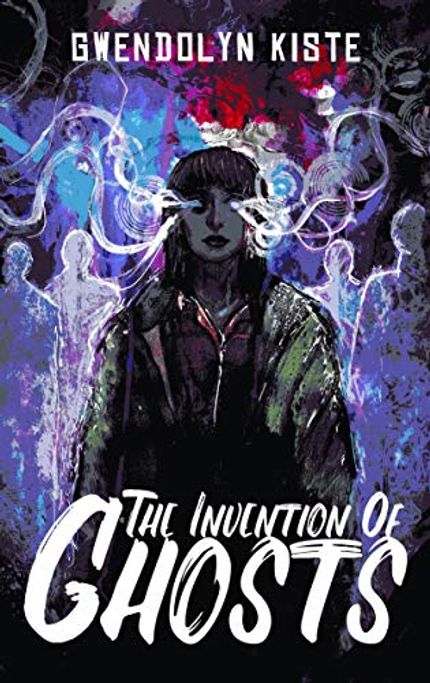

But other sentences and scenarios that don’t follow this exact template still manage to convey the same message.Ī gas station attendant is grossly transparent about his interest in Bee’s body.

There are sentences that begin with or include the phrases “a man like him,” “men like him,” or similar. Another thing this paragraph does is illustrate what manner of generalizations are made throughout the book about the off-kilter balance of power that exists between men and women. That wasn’t one of the original rules, but these stories become twisted, don’t they?” Twisted, Lucy laments, until “suddenly, you’re living in someone else’s invention of what you should be.” An apt and, of course, meta observation that conveys the novel’s aims in a single paragraph: to correct the lies told in stories that unsuspecting readers consider definitive, and to reject the pattern of powerful men imposing their desires upon women who are unable to defend against them. For instance, sunlight: “Sunlight doesn’t kill us. Lucy debunks a few commonly held beliefs about vampires, some of which directly oppose the mythology presented in Dracula. Why, you might wonder, should the man who locked Bee away in an attic, and subsequently married another woman, persist in his preoccupation with her after more than a century? It is because of what Lucy takes pains to haul along with her to whatever new hiding place she and Bee are forced to call home: four urns containing the ashes of Count Dracula, whose return Lucy hopes to prevent. The two have fled England to escape their pasts and rebuild their ruined lives, yet the voice of Rochester continues, more than a century later, to call out to Bee, threatening his-and an undead Jane Eyre’s-eventual reappearance in her life. Lucy and “Bee”-otherwise known as Bertha Mason, the first wife of Edward Fairfax Rochester in Charlotte Brontë’s novel Jane Eyre-share a home in Los Angeles in the year 1967. She narrates Reluctant Immortals seventy years after her initial death and transformation into a vampire. Lucy Westenra is a notable victim in Bram Stoker’s Dracula whose gruesome end spurs that story forward. Unfortunately, the novel’s attempt to empower its female characters is too generic to fully resonate. No doubt the inclusion of a behavior that should not be possible is in service of having readers empathize with the unsung female protagonists whose truths, Immortals argues, were intentionally obscured within the tales the world knows and loves. In her novel Reluctant Immortals, Gwendolyn Kiste gifts her undead characters the ability to flush in both pleasure and embarrassment, among other markers of liveliness, despite regular reminders that within their bodies are hearts that no longer beat. It is a truth universally acknowledged that the undead do not blush.


 0 kommentar(er)
0 kommentar(er)
